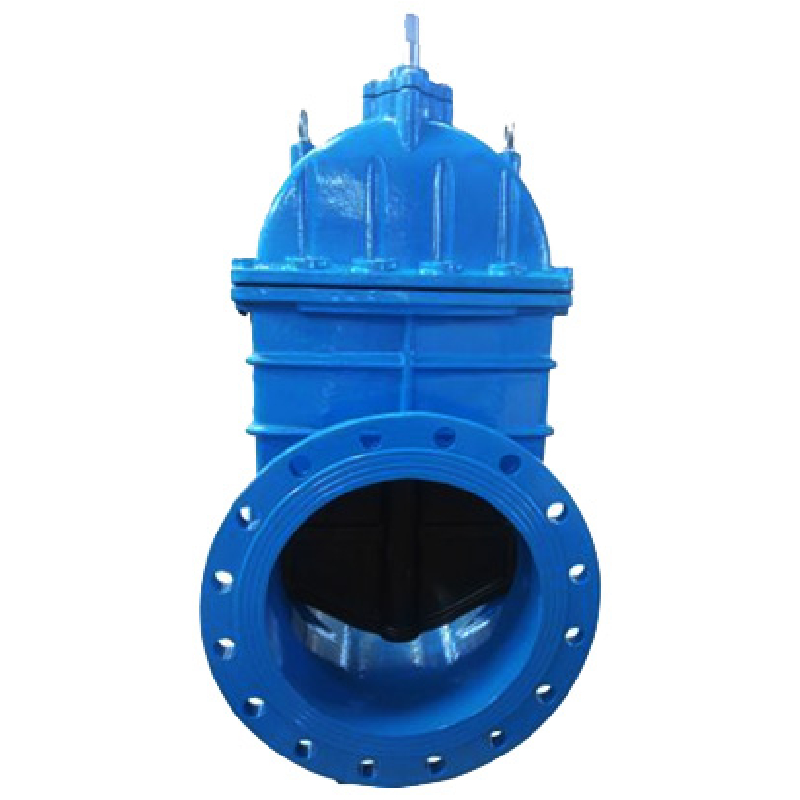តុលា . 12, 2024 05:27 Back to list
control valve
Understanding Control Valves An Essential Component in Fluid Control Systems
Control valves play a pivotal role in various industrial processes, serving as critical components in fluid control systems. Their primary function is to regulate the flow, pressure, and temperature of fluids within a system, ensuring efficient operation and safety.
At the heart of a control valve is the actuator, which adjusts the valve opening based on signals from a controller. This controller interprets data from sensors in the system, making real-time decisions to maintain optimal operating conditions. By modulating the flow of liquids or gases, control valves ensure that processes run smoothly and efficiently, preventing issues such as overheating or pressure build-up.
There are several types of control valves, each designed for specific applications. The most common include globe valves, ball valves, butterfly valves, and diaphragm valves. Globe valves are known for their excellent throttling capabilities, making them ideal for flow regulation. Ball valves, on the other hand, are preferred for on/off control due to their quick operation and low pressure drop. Butterfly valves are lightweight and versatile, suitable for large volume applications. Diaphragm valves are especially effective for controlling corrosive or viscous fluids, ensuring minimal leakage.
control valve

The selection of a control valve depends on various factors, including the type of fluid, pressure requirements, and the specific application within the system. Proper sizing and selection are crucial; an incorrectly sized valve can lead to inefficient flow control, increased energy consumption, and premature wear on the equipment.
Regular maintenance of control valves is essential to ensure their longevity and optimal performance. This includes routine inspections, cleaning, and recalibration as necessary. Neglecting maintenance can result in valve failure, leading to costly downtime and repairs.
In conclusion, control valves are indispensable in managing fluid dynamics across diverse industries, including oil and gas, pharmaceuticals, and water treatment. By meticulously regulating flow and pressure, these valves contribute significantly to process efficiency, safety, and operational success. As technology advances, the integration of smart control valves with automated systems is becoming increasingly common, paving the way for more precise and efficient fluid management solutions in the future. Understanding the intricacies of control valves is vital for engineers and operators alike, as they are integral to the seamless operation of modern industrial processes.
Share
-
Reliable Wafer Type Butterfly Valves for Every IndustryNewsJul.25,2025
-
Reliable Flow Control Begins with the Right Ball Check ValveNewsJul.25,2025
-
Precision Flow Control Starts with Quality ValvesNewsJul.25,2025
-
Industrial Flow Control ReliabilityNewsJul.25,2025
-
Engineered for Efficiency Gate Valves That Power Industrial PerformanceNewsJul.25,2025
-
Empowering Infrastructure Through Quality ManufacturingNewsJul.25,2025